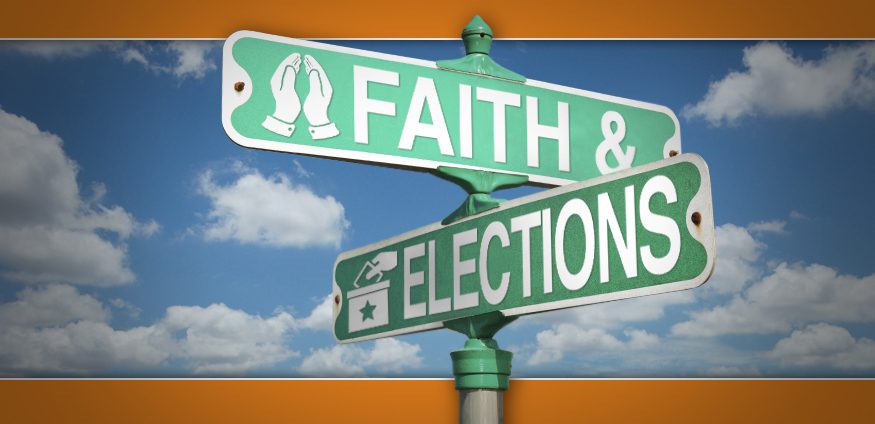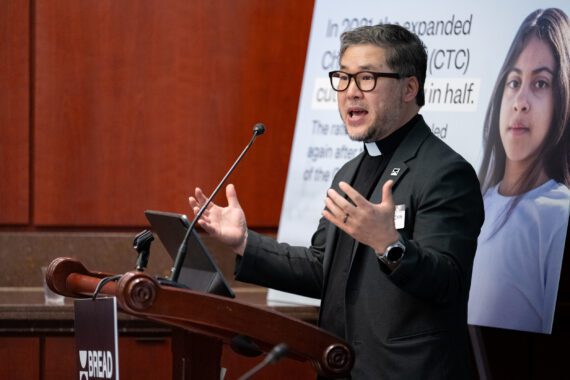Editor’s note: Ahead of the November presidential contest, Bread Blog is exploring faith and elections through the lens of different faith perspectives. The blog posts will be written by members of the church relations staff at Bread for the World.
By Bishop Jose Garcia
We can end hunger in our time. But it will take the collective political will of those in government, civil society, the faith community, and individuals. And what better time to summon that will than during a national election?
The purpose of this series of blog posts is to share how your individual engagement in elections can be part of your Christian witness, advance the values and principles of the kingdom of God, and help end hunger.
The leaders we elect make decisions that impact people who are poor and hungry here in the United States and around the world. If we are to end hunger by 2030, the new U.S. president and Congress we elect this year must put us on track toward that goal as soon as they take office. They can do this by enacting policies and programs that create jobs, strengthen the safety net, invest in human capital development, support community-initiated public-private partnerships, and support international efforts to end hunger and poverty worldwide.
The Scriptures underscore the importance of good governance and also show that wise leaders uphold justice and the common good, especially for those who are poor and needy (Psalm 72:12-14). Leviticus 19:15 and James 2:2-4 call leaders to govern without partiality.
After the people of Israel returned from exile in Babylon, the governor, Nehemiah, was able to ask the king of Persia to supply resources for the rebuilding Jerusalem because of his faithful role in the governance of Persia (Nehemiah 2:1-9). Daniel and the Hebrew children held positions of political influence in Babylon (Daniel 2:46-49). Earlier, Joseph served the good of his people through his active participation in the Egyptian political structure of his day (Genesis 41). They all exercised good governance in the midst of ungodly governmental and political structures.
In our democratic country, as we seek to care for our neighbors and God’s creation, we have the privilege of being involved in the election of wise and just leaders. Our country was founded on the idea that “we the people” are responsible for selecting our own leaders. It is from the people that authority is delegated to those who govern. We as Christians should participate in the processes of putting in place leaders who have a heart for justice. Evaluating candidates and then voting is essential to our democracy and faith.
In our democracy, constituents can ask questions and receive information about a candidate’s position on issues of hunger and poverty. Political campaigns, town hall gatherings, and meetings with candidates provide opportunities for us to “give justice to the weak and the orphan; maintain the right of the lowly and destitute” (Psalm 82:3). When we involve ourselves in elections, we “speak out for those who cannot speak…[and] defend the rights of the poor and needy” (Proverbs 31:8-9). In this way we continue in the tradition of the prophets like Isaiah and Jeremiah, who called nations and their rulers to account for their behavior in “[judging all] people with righteousness, and [the] poor with justice” (Psalms 72:2).
Bishop Jose Garcia is the director of church relations at Bread for the World.



